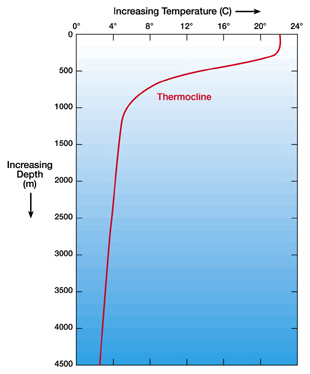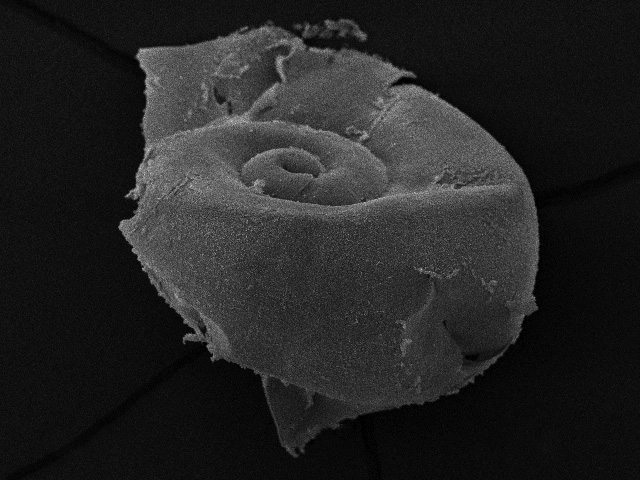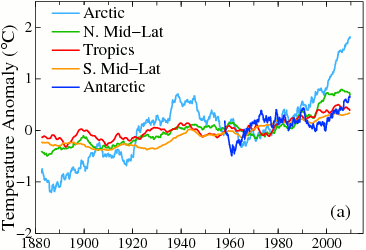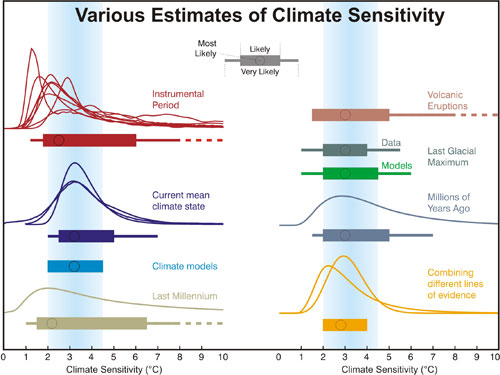
Perhaps this is too simplistic but, from the graph aboove, which was taken from Stoat's post "The Sleepwalkers", from the height of the MWP to the depths of the LIA seems to only be about 0.9°C which is what a lot of the lukewarmers expect we are going to get, with their favoured low sensitivity figure.
But, eyeballing, that would put us about 0.7°C on top of the peak of the MWP which suggests that such an apparently small increase (which the lukewarmer types represent as insignificant) would actually be quite a big deal in terms of the changes to the planet, no? From the LIA to the MWP was certainly a big change to the climate in the northern hemisphere…
Do they shoot themselves in the foot by backing an approximately 1 °C rise figure? If they have already accepted up to 3°C sensitivity, as Moshers and co's self-description seems to suggest, then surely it is an open and shut case for them to agree that any rise between 1-3°C has got to be extremely risky?































 Arguments
Arguments

































